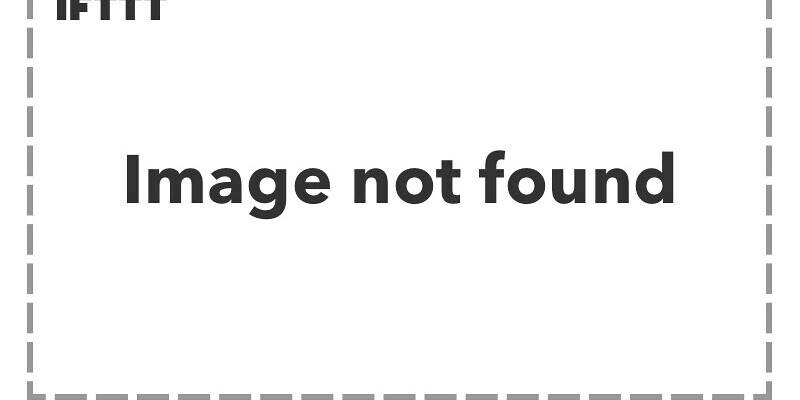How Can Rent-to-Own Work When Buying a House?

When the market is saturated with homes for sale, rent-to-own becomes a popular alternative. It solves several issues for both the buyer and the seller. Rent-to-own is a contract to buy, but the final date was extended a couple of years into the future. The tenant has plenty of time to line up financing, and the seller receives his mortgage payments coated with rent in the interim.
Lease Purchase vs. Lease Choice
Many people confuse rent buy –aka rent-to-own–together with lease option. There’s a big difference. Lease option gives the tenant the choice to buy the house. The tenant isn’t agreeing to buy it, but if a contract is given, he might have first right of refusal. In other words, he must produce financing and close on a loan, or make plans to move out. A lease purchase is a contract to buy with an extended closing date. The time can be used to save a deposit or to line up acceptable financing.
Buyer Advantages
The buyer at a rent-to-own situation can freeze the price on the house a couple of years in advance of when he must close on the mortgage loan. From the contract, he can record payments which are contributed toward a deposit or below the sale price. He can move in and try out the neighborhood–and the college system–prior to buying. The extended closing date gives the buyer plenty of time to clean up credit issues or to save deposit money. In the event he does not get financing, nevertheless, any residue that he makes up front might be lost.
Seller Benefits
The seller has the benefit of experiencing a tenant who is responsible enough to want to buy the house; hence, he will take decent care of it. The rents the seller receives cover part or all of his monthly mortgage payment. The seller also can call for a nonrefundable deposit to bind the contract. If, in the end of the lease period as spelled out in the contract, he is unable to close the purchase, it can be renegotiated or terminated.
Tips
When considering a lease contract, have a look at your credit report to clean up any issues or to increase your credit score. Review the report for errors, duplications and outdated information. Dispute these items by contacting the customer support number on the report. Also, visit a mortgage lender and get pre-qualified for a loan. Even in case you’ve got zero credit issues to clean up, debt ratios play a huge role in mortgage acceptance. This meeting will reveal the quantity of debt you can deal with each month and be approved for a mortgage. Down payments and loan types will be discussed, making you a well-informed prospective debtor.
Warnings
Before paying any residue, do homework to be certain the asking price is fair. Ask a real estate agent to do a”sold hunt” on the MLS to get what similar homes in the neighborhood are selling for. Have a property attorney do a title search for you to be sure the seller can pass clear title to you personally when you close on a mortgage loan. The attorney can also assist you with the contract. Make all payments to the seller in the kind of checks. You must have absolute evidence of timely lease payments to the seller, in addition to evidence of any deposits you created so that you can get credit for them out of the mortgage lender. Hire an inspector to check over the house; he can ascertain any significant building issues. Important repairs must be negotiated with the seller before you sign a binding contract or pay a large deposit.